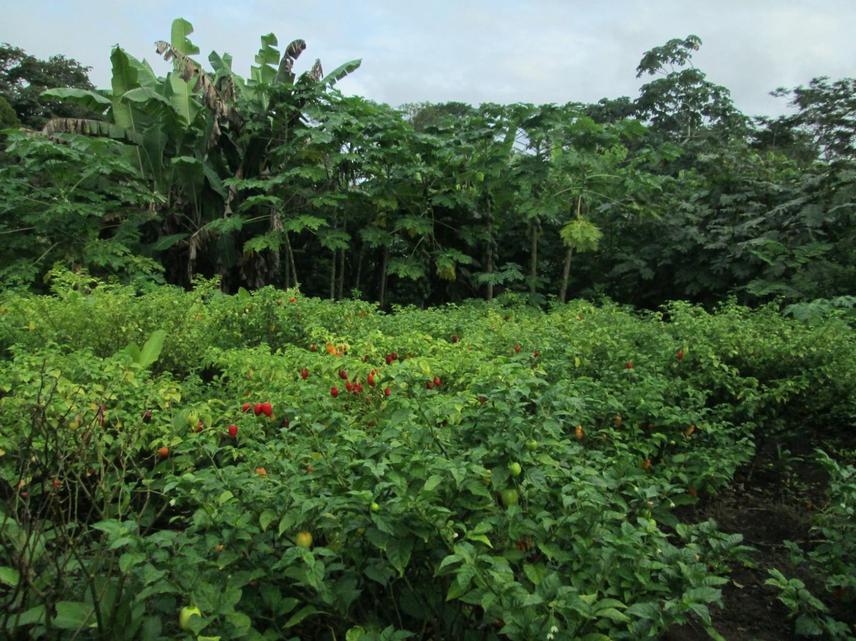Heloisa Dantas Brum
Other projects
The project has 4 aims: 1. Assessment of rates of habitat conversion for agriculture; 2. We will offer training courses in meliponiculture to inhabitants of the PP-SDR; 3. Survey and mapping of the use of non-timber forest resources; and 4. Study of the ecology of the species

Sustainable Development Reserves were created to combine improvement of quality of life to local people with the conservation of environment, agricultural and extractives activities and should stimulate sustainable approaches to natural resources management in accordance with the traditional way of life of the riverside communities. The purposes of this project are to encourage an exploitation of non-timber forest resources that contribute to the establishment of reducing measures for deforestation in Piagaçu-Purus Sustainable Development Reserve (PP-SDR). The main economic activities of inhabitants of Piagaçu-Purus Sustainable Development Reserve (PP-SDR) are commercial fishery, slash and burn agriculture and extraction of forest products. Although many of these activities are conducted in traditional ways, many people obtain their family-income from non-sustainable use of natural resources, carrying out activities that increase the predatory exploitation of certain resources.
For instance, illegal logging in the PP-SDR occurs in an uncontrolled manner and there are reports of scarcity of some timber species in most of the reserve area. Every years, the practice of slash and burn agriculture often occurs without an organized community-based planning, resulting in the clearing of new patches of native forest for planting subsistence or commercial crops. Thus, the forest is threatened by the conversion of new areas into plantation and by uninhibited logging. In order to reduce deforestation in the future, this project has two principal objectives: to encourage the use and commercialization of non-timber forest products that value the native species and the maintenance of standing forest; and to stimulate agricultural practices with minor impact by using abandoned secondary forests and commercialization of alternative products to ensure better income and improve food security for residents. This study will be developed with the support of the Piagaçu Institute, a nongovernmental organization (NGO) that develops research of natural resources in the PP-SDR.